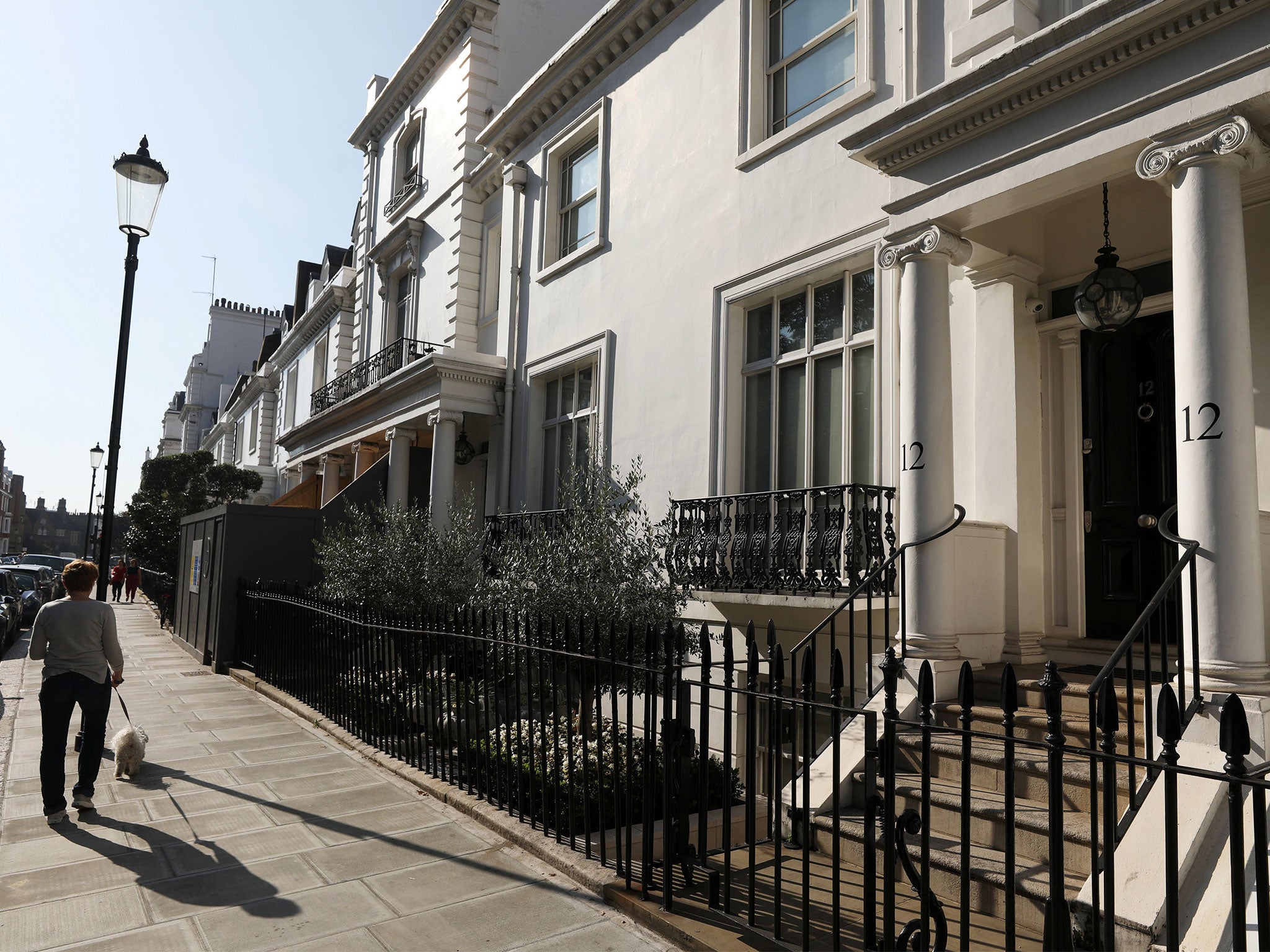The new ‘McMafia’ law will go some way to tackling corruption, but Brexit plans could make it even worse
You want money laundering? You got it. Shell corporations, tax fraud? We can help with that too. How about you take a trip to one of our crown dependencies. They’ll be more than happy to oblige, your lawyers and accountants have offices there, and the fishing’s great!


Your support helps us to tell the story
This election is still a dead heat, according to most polls. In a fight with such wafer-thin margins, we need reporters on the ground talking to the people Trump and Harris are courting. Your support allows us to keep sending journalists to the story.
The Independent is trusted by 27 million Americans from across the entire political spectrum every month. Unlike many other quality news outlets, we choose not to lock you out of our reporting and analysis with paywalls. But quality journalism must still be paid for.
Help us keep bring these critical stories to light. Your support makes all the difference.
An important blow against global corruption was struck this week when the High Court lifted the reporting restrictions on the unexplained wealth order (UWO) case brought by the National Crime Agency against Zamira Hajiyeva.
She is the wife of a jailed Azerbaijani banker and the first target of Britain’s “McMafia” law, named after the TV show, which allows the authorities to seize and liquidate the assets of wealthy foreigners if they can’t prove from where they got their money.
Ms Hajiyeva is one of several family members allegedly used by banker Jahangir Hajiyev to get funds stolen from the state-owned International Bank of Azerbaijan, that he once chaired, out of the country. As such she’s been served with a UWO by the National Crime Agency.
This could result in the seizure of a couple of very valuable properties, including an £11.5m Knightsbridge property near Harrods, where, the court was told, she had a £1.6m a year shopping habit. The family deny the allegations.
More widely though, London’s property market is manna from heaven for those seeking to launder dirty cash. The city is easily accessible and unusually open by global standards. There is a ready supply of expensive, high-end property available courtesy of an overheated market. The capital also boasts an unrivalled network of estate agents, accountants, and lawyers, who can both facilitate the purchase of it and then refer their clients on to just the right PR people. The former group polish the cash, the latter their clients’ shady reputations.
Most Britons probably regard corruption as something that takes place in Afghanistan, the nations of the former Soviet Union, the Middle East and Africa.
You don’t have to pay a bribe when you want to get planning permission for your conservatory. Your speeding ticket isn’t going to go away if you slip a copper a couple of fifties – for that to happen you have to be able to afford a lot more than that for a fancy lawyer who specialises in getting celebs off on technicalities.
Dodgy stuff still goes on. It’s just that the authorities and our financial institutions prefer to call it “mis-selling” rather than “fraud”, “legitimate tax avoidance” rather than “theft”.
But what is increasingly becoming impossible for the UK government to spin away is that the City of London challenges for championship honours when it comes to facilitating corruption.
You want money laundering? You got it. Shell corporations, tax fraud? We can help with that too. How about you take a trip to one of our crown dependencies. They’ll be more than happy to oblige – your lawyers and accountants have offices there, and the fishing’s great! Kids need educating? Pop along to one of our public schools, where they’ll meet our future ministers, civil servants, and regulators. You might need to pony up for a new sports hall to get in, but that’s not going to be a problem for you, is it now?
It’s a sick system, set up to benefit thuggish dictators and their cronies, drug and oil mafias, crooked financiers, and other scumbags in suits.
It is immoral and wrong and it is doing more than even one of Boris Johnson’s hissy fits to damage Britain’s international reputation.
It could ultimately end up putting legitimate businesses off from coming here. I’m talking about companies with real products that provide worthwhile employment opportunities to real people, as opposed to dodgy number crunchers.
The UWO served on Ms Hajiyeva is thus hugely important, and the publicity given to it even more so, because it might make those in the same alleged position as Jahangir Hajiyev think twice.
That includes those who are, unlike him, in good odour with the regimes of their home countries: the McMafia law has been set up in such a way that it doesn’t require their cooperation.
To make it a real success, however, the National Crime Agency will have to bring a great many individuals to book and the courts will have to allow their cases to come to light.
Anti-corruption charity Transparency International UK tweeted that it hoped “the National Crime Agency will take confidence from this ruling and make greater use of this important new power”. The National Crime Agency’s director, Lynne Owens, responded simply with “we will”. Let’s hope we can take her at her word.
But even if we can we should be wary of cheering too loudly. The Tories have talked about making the UK an ultra-low tax, low regulation offshore haven open to all comers post-Brexit. The UWO against Hajiyeva is step forward, but there is a real danger that it could be followed with two big steps back.
Join our commenting forum
Join thought-provoking conversations, follow other Independent readers and see their replies
Comments